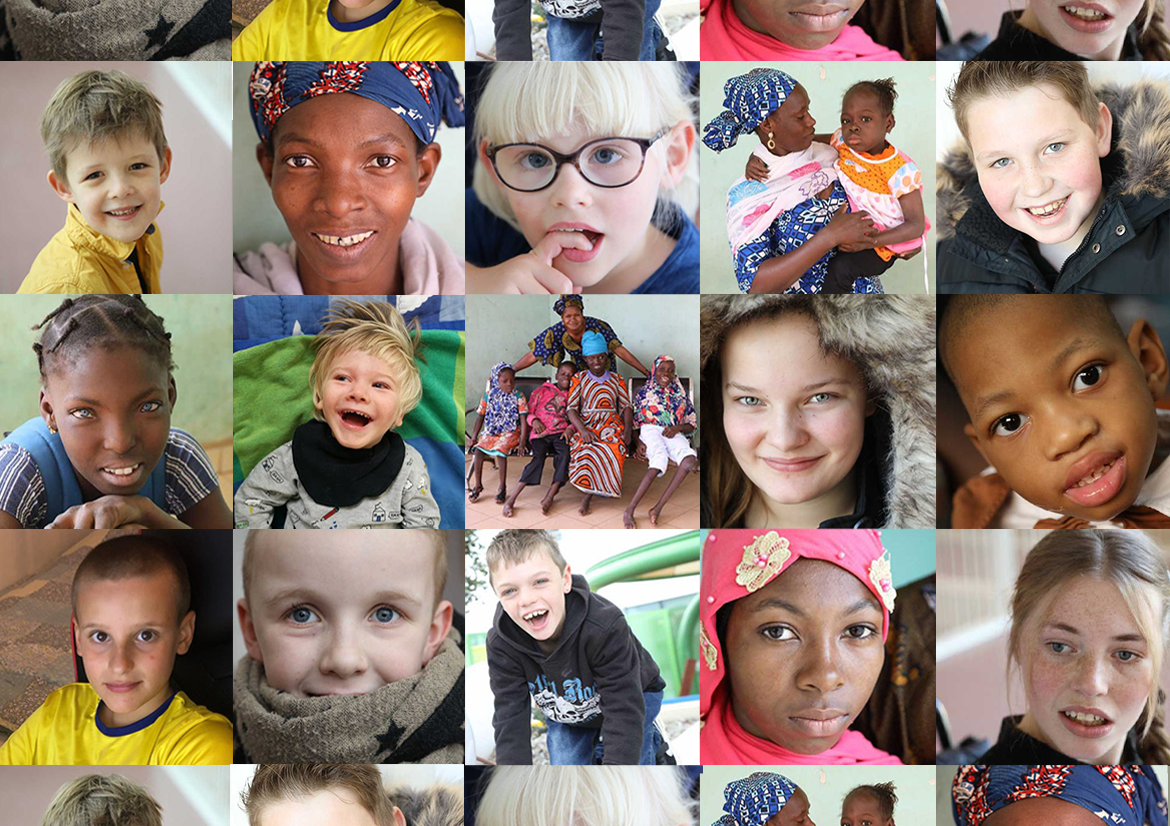Latest news and events
View all the news and eventsPharmacogenomics for the Undiagnosed: Translating Genetics into Care
14th International Conference on Rare and Undiagnosed Diseases: Rio de Janeiro(Brazil) October 28-31 2025
Undiagnosed Hackaton 2025 - September 22-24

How to become an UDNI MEMBER (for clinicians and researchers)
Membership is opened to clinical investigators who serve undiagnosed disease patients from all countries.
Before applying to UDNI as a member, please verify the following Requirements for Online Application.
(1) Improve the level of diagnosis and care for patients with undiagnosed diseases through the development of common protocols designed by a large community of investigators.
(2) Facilitate research into the etiology of undiagnosed diseases, by collecting and sharing standardized, high-quality clinical and laboratory data, including genotyping, phenotyping, and documentation of environmental exposures.
(3) Create an integrated and collaborative community across multiple clinical sites and among laboratory and clinical investigators prepared to investigate the pathophysiology of these newly recognized and rare diseases.
Membership will be open to clinical investigators from all countries who serve undiagnosed disease patients. Members agree to adhere to the following principles:
- Patients enrolled in the UDNI should be selected for the unique characteristics of their disorder and for its potential to inform new aspects of cell biology, pathogenic mechanism(s), and therapy. Candidate patients should have been extensively examined already, so that obvious diagnoses have been eliminated.
- Accepted patients should be thoroughly evaluated by the UDNI collaborator, preferably at no cost to the patient.
- Patients should consent to share their data with other investigators within the group, according to the tenets of the Helsinki Declaration and/or of Good Clinical Practices. Patient phenotypes should be expressed using a standard ontology system in order to build up a highly integrated database.
- Next-generation sequencing and other -omics analyses (e.g., proteomics, glycomics, lipidomics) should be performed on enrolled families/patients (trios or quartets when possible), and analyzed with some uniformity and according to state-of-the-art protocols. New tools will be applied in some cases, including when a non-genetic undiagnosed disease (e.g., rare infections or poisonings) is suspected. Return of results will conform to site-specific consents.
- The -omics and phenotypic data should be shared among members of the UDNI.
- Functional studies should be performed to substantiate causal relationships between a candidate gene and the phenotype and address novel therapies.
Each Member should have 5 undiagnosed cases to contribute to the UDNI. Acceptance may be limited to one-year, after which an assessment will be conducted for continuation.

How to become an UDNI PATIENT OR PATIENT'S ASSOCIATION Member
If you decide to apply to UDNI as a patient, you will need to answer a series of brief questions through our application portal.
A referral letter from a primary licensed healthcare provider is necessary in order to submit the online application to the UDNI.
This referral letter must include:
- Pertinent medical problems and prior diagnoses;
- Medical records of physical examinations, hospitalizations, pertinent office visits, specialist consultations;
- Laboratory test results;
- Imaging on disks;
- Biopsy slides when available;
- Video of speech, gait, hand movements when impair

How to become an UDNI TRAINEE
Membership is opened to young clinical investigators who desire to serve undiagnosed disease patients from all countries.
Before applying to UDNI as a member, please verify the following Requirements for Online Application.
(1) Improve the level of diagnosis and care for patients with undiagnosed diseases through the development of common protocols designed by a large community of investigators.
(2) Facilitate research into the etiology of undiagnosed diseases, by collecting and sharing standardized, high-quality clinical and laboratory data, including genotyping, phenotyping, and documentation of environmental exposures.
(3) Create an integrated and collaborative community across multiple clinical sites and among laboratory and clinical investigators prepared to investigate the pathophysiology of these newly recognized and rare diseases.
Trainee Members
- Individuals may apply as trainee members in the UDNI if they are still in their academic training or early in their career and unable to meet the requirements of the full Clinical and Non-clinical members
- Trainee members will be encouraged to actively participate in the UDNI. This can include, but not be limited to, participation in the Diagnostics Working Group, other working groups, as well as presentation at the UDNI conferences
- On an annual basis, trainees can contact the Membership Committee and request consideration for full membership. During this time, the committee will evaluate the level of active participation a trainee has had in the UDNI and this will be considered in the full membership decision.





